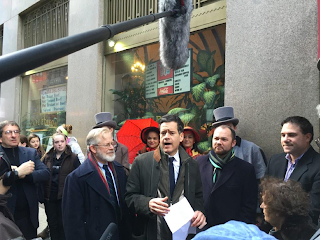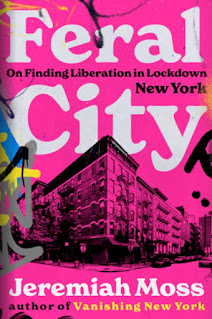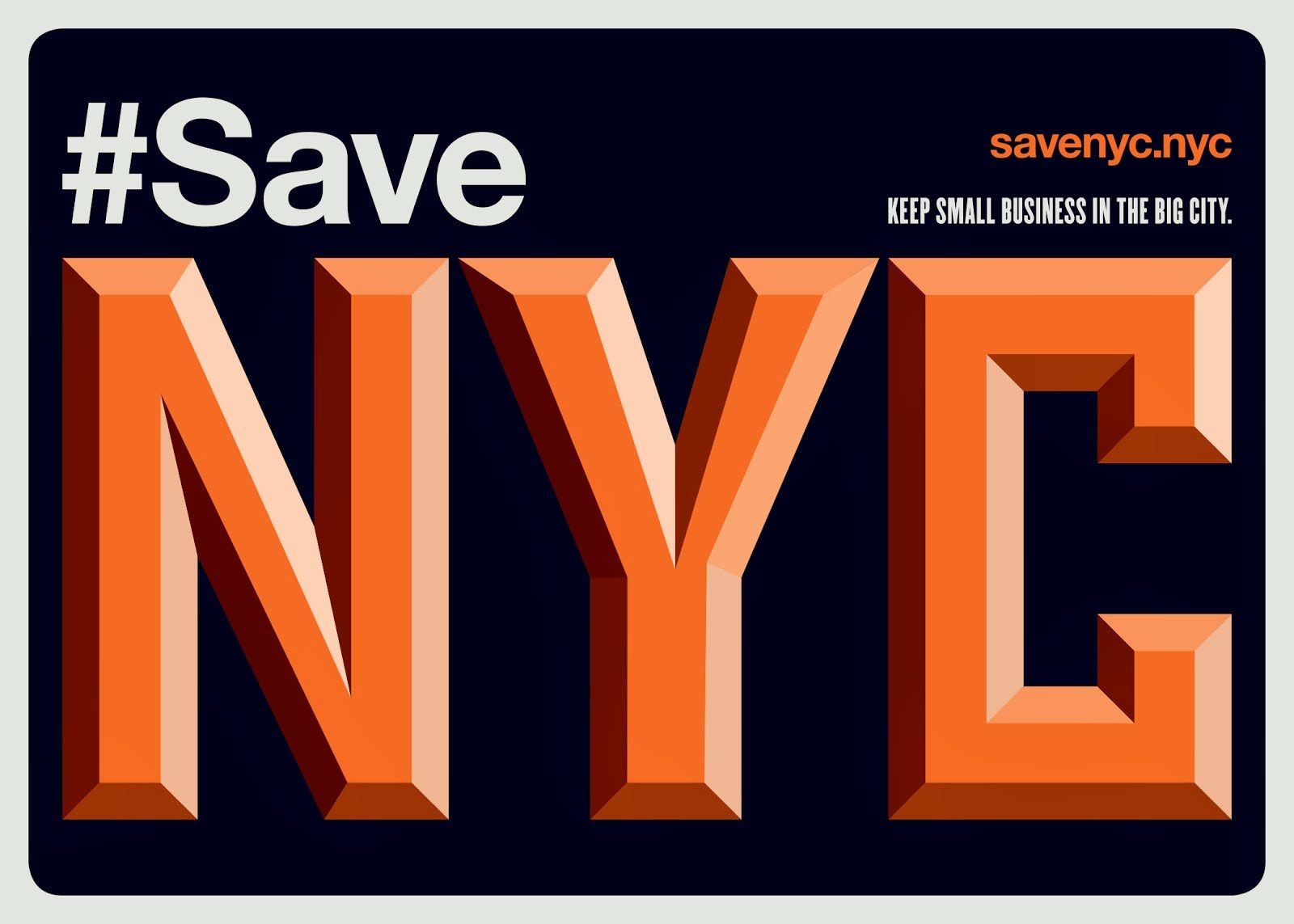After 73 years of legendary life in Harlem, and after 4 years of sitting empty and wasted, the once great Lenox Lounge is currently
being demolished. It is a terrible shame that could have been avoided.
 today
today
If the city had commercial rent control, as it did for many years, it would have been avoided. If the City Council had passed the
Small Business Jobs Survival Act, it might have been avoided. But City Hall refuses to protect small business people against landlord greed,
claiming that it's a free-market society--which it is not.
Corporate chains in the city are regularly chosen by Business Improvement Districts and given millions of dollars in tax breaks and incentives. That's not
laissez-faire. That's corporate welfare.
Thanks to City Hall's catering to big business, we have lost the Lenox Lounge, along with countless other precious local landmarks. For the soul of the city, the price of that loss is high.
 Owner Alvin Reed, Daily News photo, 2012
Owner Alvin Reed, Daily News photo, 2012
In 2012, the landlord of the Lenox Lounge
doubled the rent, from $10,000 to $20,000 per month. This was more than small business owner Alvin Reed could manage. The lease was given to Richie Notar of the Nobu luxury restaurant chain.
At the same time,
Whole Foods announced a move to 125th Street--later we would learn that it would land in the empty lot directly across from the Lenox Lounge.
In the Whole Foods Effect, rents near the store increase. That's exactly what happened in Harlem. And that Whole Foods would not have been there without the Bloomberg Administration's rezoning of 125th Street, a controversial process that has
strangled the historic street in chains.
After being forced to close on New Year's Eve 2013, Alvin Reed
stripped the Lenox Lounge of its antique facade, announcing that he would
resurrect it all in another location. That did not come to pass.
The landlord sued Reed for stripping the place. Cultural history isn't worth much without those antique details. Notar backed out of the deal, telling the
Daily News, "the scope of the project (mostly the overall condition of the building) became bigger than anticipated."
The Lenox Lounge was left to rot. Someone spray-painted "1939 - 2012: 80 YEARS FOR THIS” across the plywood that covered the door.
 2016
2016
As the big, shimmery building that will house Whole Foods rose across the street, the rent on the Lenox Lounge space doubled again--to
$40,000 per month.
Then we learned that
it would be completely demolished and replaced with a dull glass box
containing a Sephora. Two glass boxes, two hollow mirrors, will soon reflect each other across Malcolm X Boulevard. What effect will that have on the people there?
 Whole Foods coming
Whole Foods coming
In 2011, cognitive neuroscientist Colin Ellard studied what happens to people on the sidewalk when they stand in front of a bland glass façade.
He placed human subjects in front of the Whole Foods on the Lower East Side, strapped skin-conducting bracelets to their wrists, and asked them to take notes on their emotional states. He reported, “When planted in front of Whole Foods, my participants stood awkwardly, casting around for something of interest to latch on to and talk about. They assessed their emotional state as being on the wrong side of ‘happy’ and their state of arousal was close to bottoming out.” The instruments on their wrists agreed.
“These people were bored and unhappy. When asked to describe the site, words such as bland, monotonous and passionless rose to the top of the charts.” Ellard then moved the group to another site nearby, “a small but lively sea of restaurants and stores with lots of open doors and windows.” Here, these same people felt “lively and engaged.” Their nervous systems perked up.
In his book
Happy City, Charles Montgomery calls this “an emerging disaster in street psychology.”
The loss of old buildings and small businesses, the homogenization from suburban chains and condo boxes, is more than an aesthetic loss. It is damaging us psychologically and physically. Montgomery writes, “The big-boxing of a city block harms the physical health of people living nearby, especially the elderly. Seniors who live among long stretches of dead frontage have actually been found to age more quickly than those who live on blocks with plenty of doors, windows, porch stoops, and destinations.”
The big shiny boxes are literally killing us.

Small old buildings and businesses, like the Lenox Lounge, have a positive effect on our mental health. Just walking past and looking at them can be an emotional and physical boost.
Today, as the Lenox Lounge is demolished, there is no boost, only despair. The inside has been gutted to the beams and bricks. Sunlight streams in through the busted roof and shines in the place where the walls were once flocked in zebra stripes and Billie Holiday sang of "Strange Fruit." On the sidewalk, black Harlemites walk past shaking their heads. They stop to take a final photo, a memory of what's been lost.
Last week we also learned that
New York City has lost 30% of its black-owned businesses--in just the five years between 2007 - 2012. The Lenox Lounge was one of them.
Its loss was not inevitable. It wasn't normal or natural or part of that tired cliche of "New York is always changing." It was part of a systemic process rooted in the racism and classism of redlining and urban renewal, what James Baldwin called "
Negro removal." Today, he could use the same words for hyper-gentrification.
The Lenox Lounge is yet another casualty in the long battle for the soul of New York.
For additional reading, see Michael Henry Adams' "Last Call: Who's to Blame for the Destruction of the Lenox Lounge?"






























